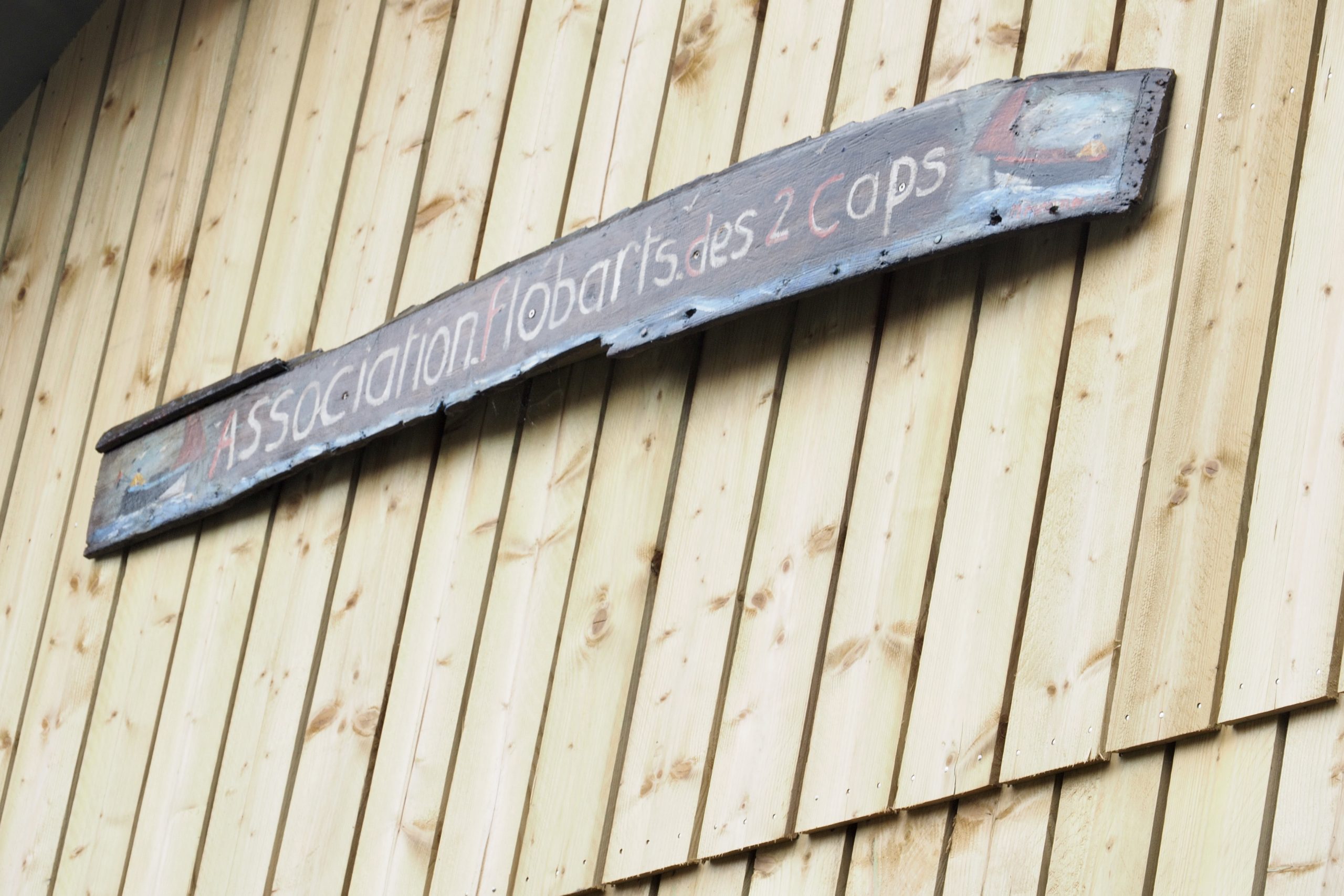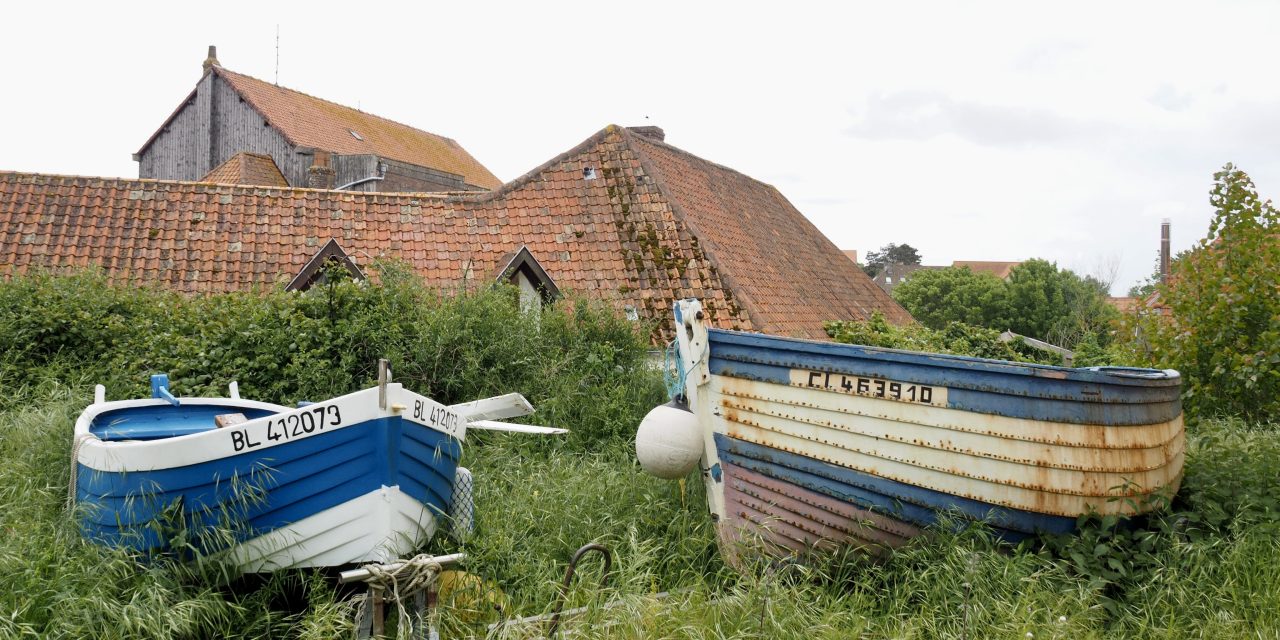By: Josephine Hanna & Charlotte Mermans
An age-old fishing custom is still practiced in the charming seaside village of Wissant, which is located along the wild coastline of Northern France. The community here maintains a special place in its hearts for the Flobart, a traditional flat-bottomed fishing boat that stands as a tribute to their nautical heritage and the enduring connection between man and the sea. To preserve a priceless aspect of cultural identity and guarantee its survival for future generations, however, the conservation of this valued fishing tradition has become essential as modernity and globalization continue to change the world.
Let yourself be guided by the audio fragments throughout the article
With its scenic surroundings and extensive maritime heritage, Wissant has long been associated with the Flobart. They have cruised the waterways of the English Channel for generations, transporting fisherman to their daily harvests and returning back the bounty of the sea. These distinctive boats feature trademark flat hulls and brightly painted sails. The Flobart is an essential asset to the local fishing community because of its generations-old design, which was created to handle the shallow waters and perilous sandbanks that define this section of the coastline.
The Flobart, however, was confronted with an uncertain future as time went on and new technologies were developed. These ancient fishing boats were gradually supplanted by more modern vessels, which had sophisticated navigational systems and larger storage spaces. These contemporary alternatives posed a danger to the Flobart’s cultural significance and the livelihoods of people reliant on it because of their effectiveness and convenience.
The fishing industry
French fishermen will continue to get fuel assistance from the government through May 15, 2023, according to Hervé Bervill, the country’s secretary of state for the sea. This ensures that tiny craft boats continue to be ignored and contributes to their extinction. There is also another factor that will contribute to the flobart’s eventual demise.The emphasis on reducing input costs and the elimination of direct support have had substantial effects on French fisheries, especially for small-scale fishermen. France supported people and enterprises in the industry with policies totaling €0.9 million (USD 1.1 million) in 2018, a dramatic 96% drop from 2008. This amount was just 0.1% of the creation value.
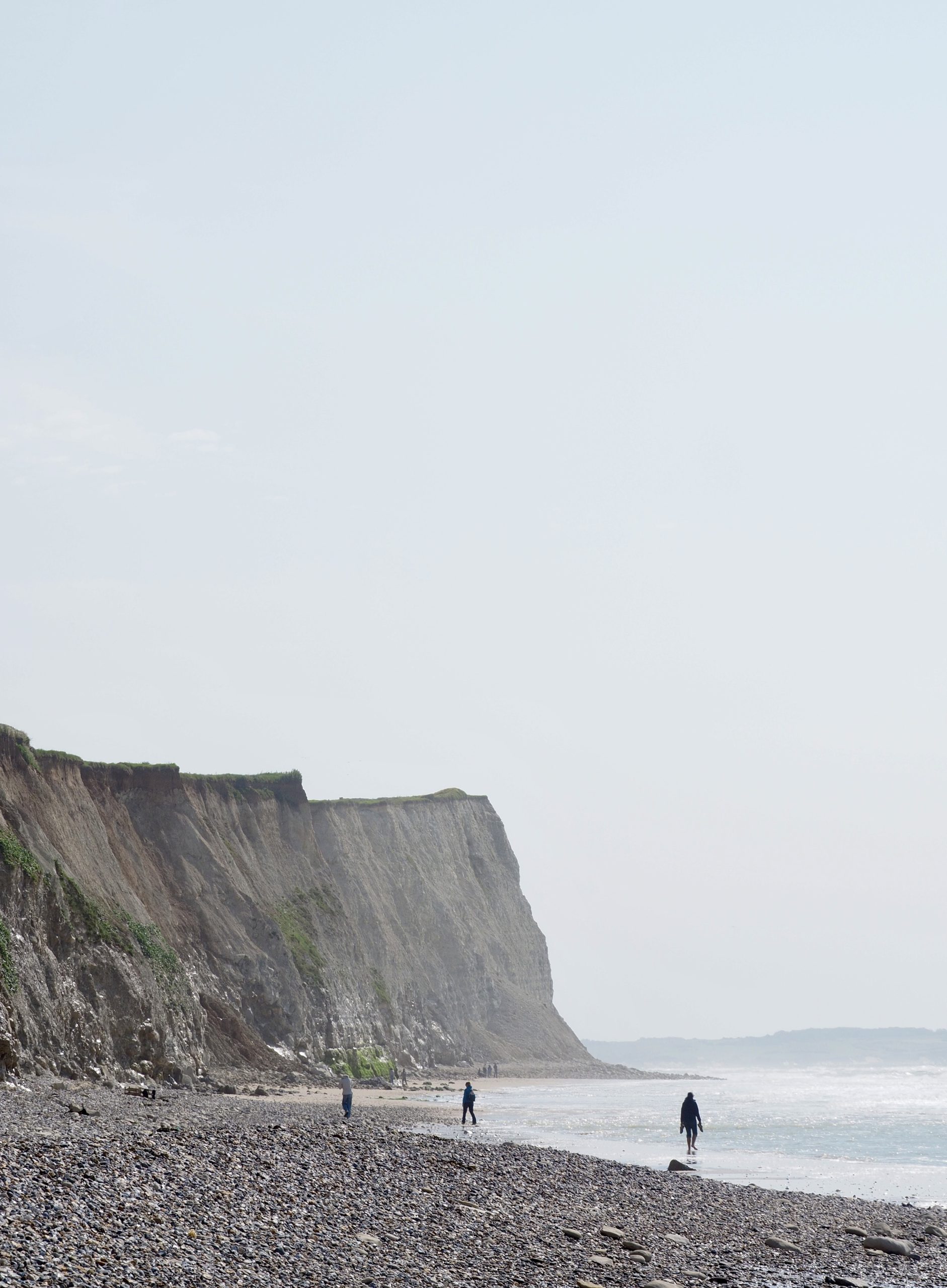



The goal of direct support measures is to keep or increase fishermen’s incomes. However, since 2008, direct support for individuals and businesses has decreased by 96%, reaching just $79.1 per fisherman in 2018. France did not allocate any funds per fisherman for these policies in 2018, despite the fact that some payments, such as income support and special insurance systems, can be decoupled from fishing activities. In contrast, in 2018, the OECD spent $496.8 on such policies on average per fisherman. The decrease in help has been especially trying for limited scope anglers, who frequently work with restricted assets and face extraordinary contest. Support for gear and vessel modernization and subsidies for fuel, for example, can reduce input costs, but they can also have unintended consequences.
Policies targeted at reducing input costs may make overcapacity, overfishing, and the frequency of illegal, unreported, and unregulated (IUU) fishing worse. The lure of cheaper costs can encourage increased fishing efforts and a greater number of active vessels, impacting fisheries resources and marine biological systems. Small-scale fishermen’s livelihoods are directly impacted by this circumstance, which also jeopardizes the long-term viability of fisheries.
Additionally, small-scale fishers are disproportionately affected by the reduction in support and focus on cost reduction. Small-scale fishers find it difficult to take advantage of the subsidies and assistance programs offered by larger fishing fleets, while large industrial fleets may be well-positioned to take advantage of cost-saving measures. There is a nature. This creates a one-sided battlefield, making it difficult for anglers with limited scope to assert themselves and support organizations. A comprehensive strategy is needed to ensure the survival of small-scale fishers and promote sustainable fishing. It should include specific assistance tailored to the needs of small-scale fishers, such as capacity building programmes, improved market access and the introduction of efficient fisheries management practices. Finding a balance between lowering information costs and maintaining long-term manageability of fisheries is crucial to addressing the plight of range-limited anglers and protecting marine resources.
Music: Adobe Stock Audio
The locals
According to Pascale, a representative from the tourist office in Boulogne-sur-mer, the atmosphere of the coastal culture is undeniable. Tourists are drawn to the French coast, particularly places like Wissant, not only for its scenic beauty but also for the deep-rooted traditions and atmosphere that have been cherished for generations. Pascale emphasizes that the preservation of ancient practices like the Flobart tradition is crucial in maintaining the unique cultural identity of these coastal communities. The efforts to conserve and promote the Flobart boats have not only captured the attention of tourists but have also become a symbol of community resilience and the enduring love for cultural heritage. However, without sufficient funding and support from the government, the future of this cherished culture and its traditions remains uncertain, and there is a risk of gradual extinction.
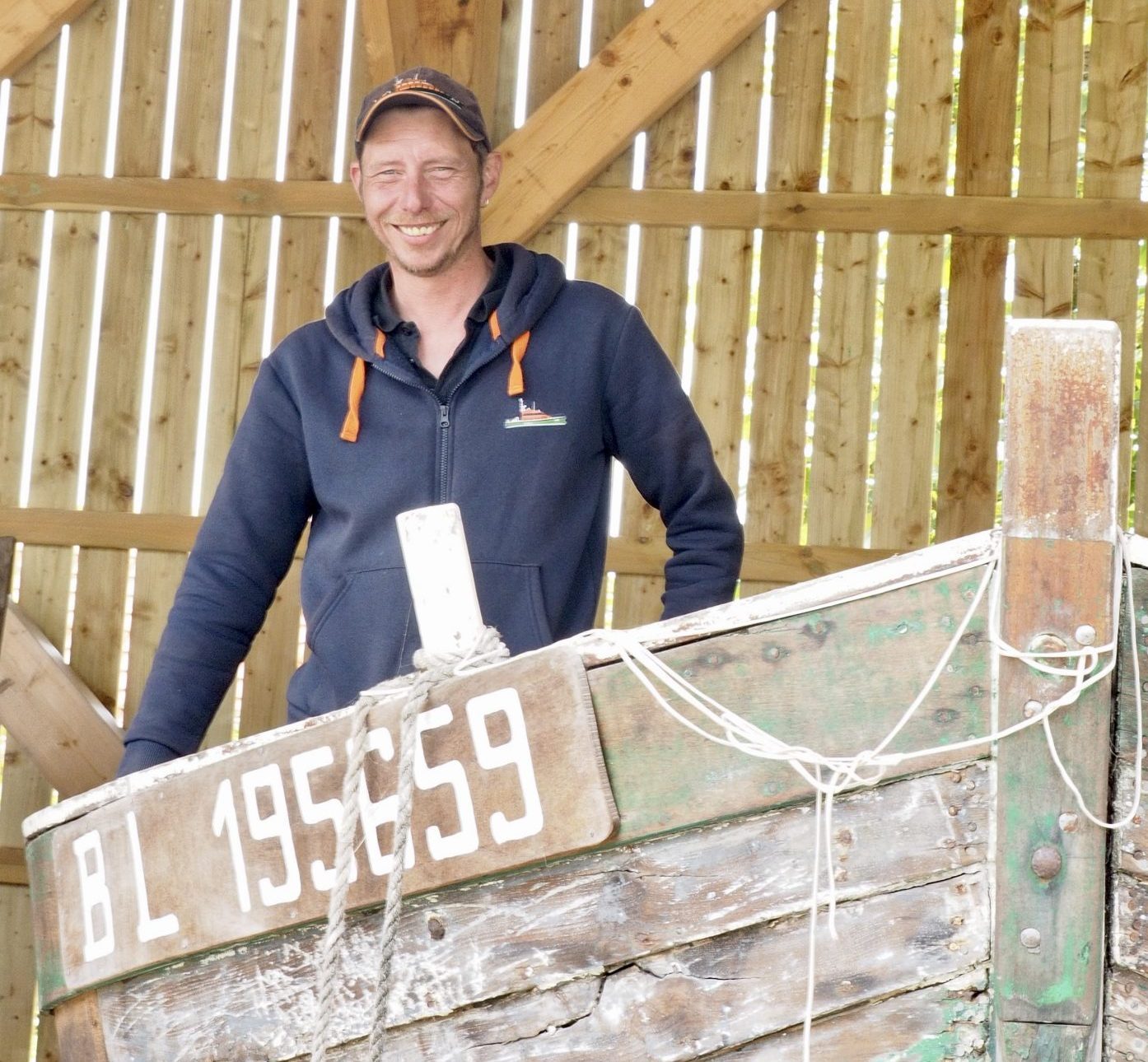
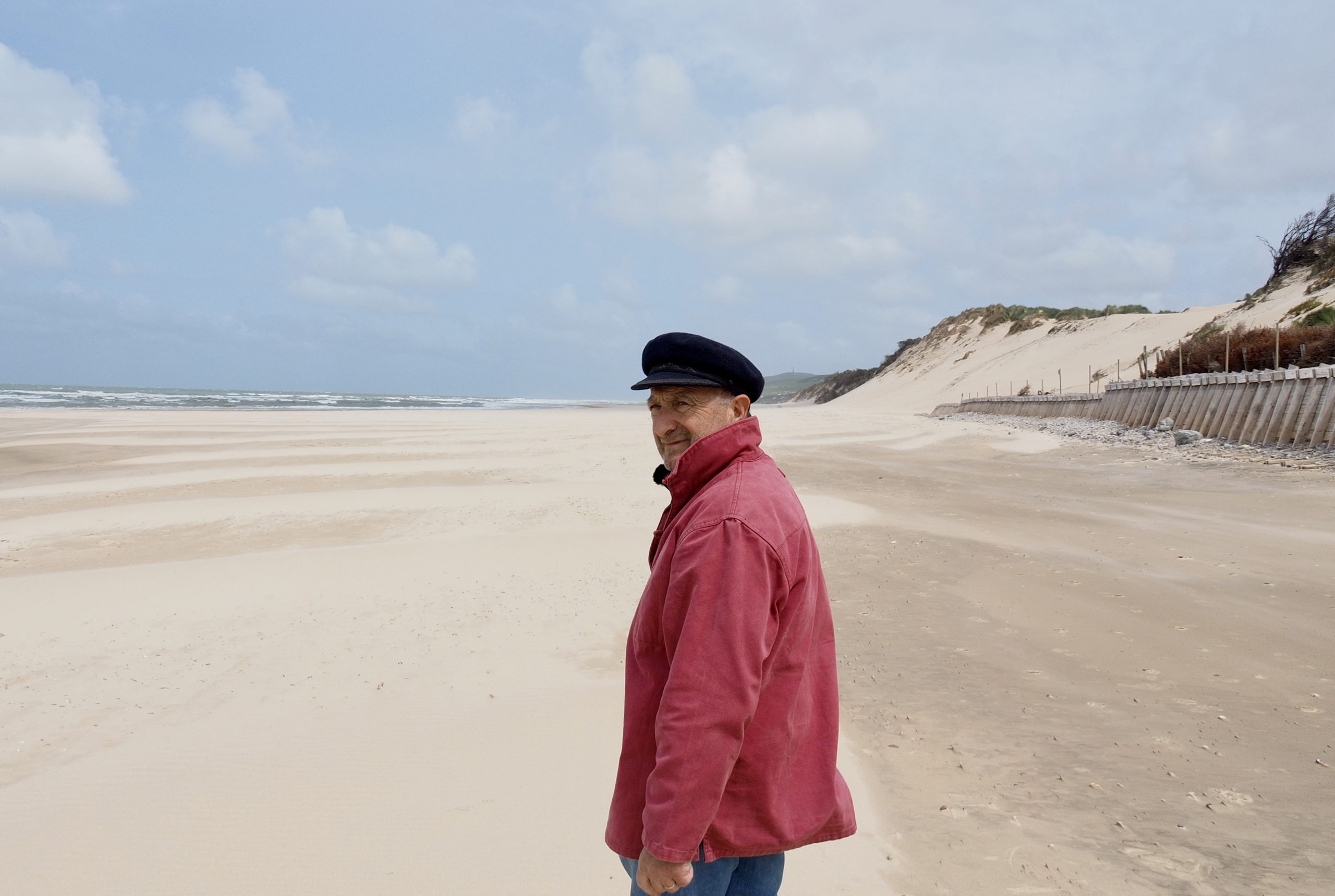
Videoclip waves: by Dimitar Tzankov from Pixabay
Music: Adobe Stock Audio
Astérix, captain at Fécamp Vieux Gréements: ‘Since the marginalization with the upcoming of the engine everything has changed. Different ways of working arose and the old fashioned way of fishing slowly became extinct. First we had to wait for the wind and tide but now you don’t have to wait, you can just go. The government doesn’t care about the small craft fishing boats. They only care to invest in larger fishing companies and that is such a shame.’
Will the tides in Wissant hopefully start to turn despite the difficulties and general indifference encountered by the small-scale fisherman and the historic Flobart tradition? The sincere sentiments expressed by fishermen Vincent and Patrick struck a chord that sparked a movement to restore the respect and significance of the Flobart. Still, it looks as though the community’s cries went unheard. Recognizing their cultural history and advancing sustainable practices are still necessary. Fishermen are hopeful that policies would be reevaluated and that financing will be prioritized for the preservation of small-scale fishing customs, such as the age-old Flobart.
After this upsurge of backing, the town of Wissant became well-known as a sign of hope for the Flobart legacy. The maritime museum prospered, becoming into a center of learning and celebration that highlighted the value of these recognizable flat-bottomed boats as well as their history, craftsmanship, and construction. The charm of the historic seafaring culture and the tenacity of the local population drew tourists from near and far to Wissant. The story of how the Flobart tradition was kept alive in Wissant is more than just a monument to the power of community, tenacity, and unwavering love for one’s cultural heritage. The inhabitants of Wissant have survived the passage of time thanks to their steadfast commitment, and they continue to work toward securing a future in which the Flobart tradition will flourish and be permanently woven into the fabric of their culture.
